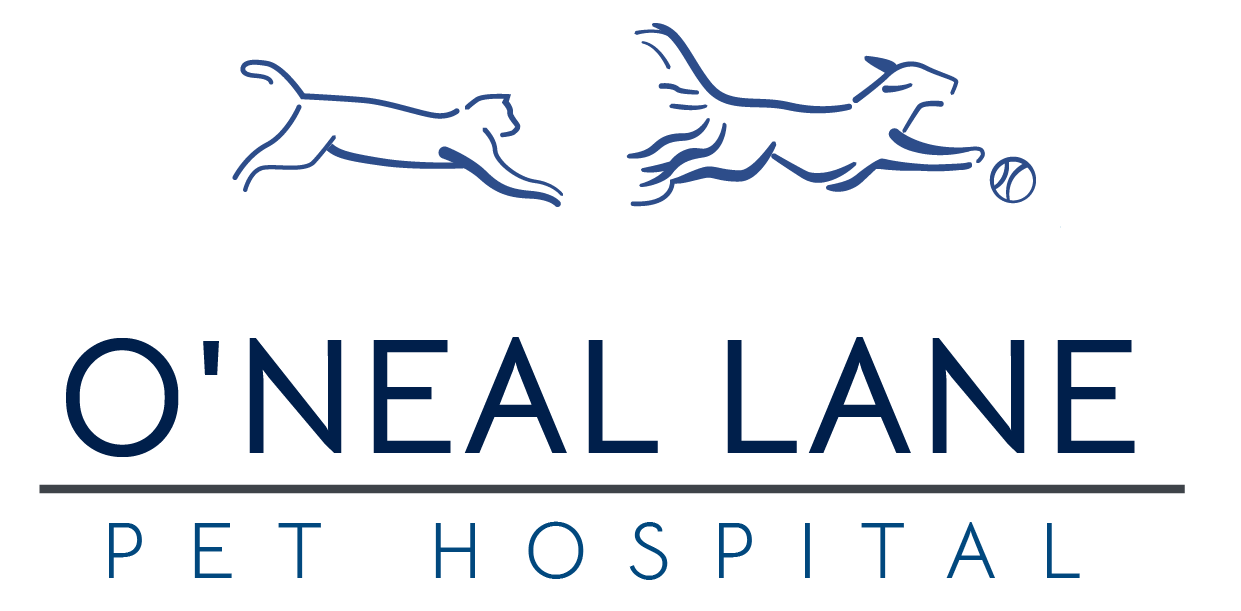At Brodheadsville Veterinary Clinic, we want to equip you to offer the best information to help you care for your pet. We are here to answer your questions. Including, what items in my house are potentially poisonous for my furry friends? Don’t worry, we’ve got you covered with this comprehensive list!
If you suspect your pet has ingested a highly toxic item, please contact the ASPCA Poison Control Center (888-426-4435) immediately.
Acetaminophen, which is found in Tylenol® and other medications, can cause liver damage in dogs. Cats are even more sensitive: Ingestion of a single 325 mg tablet by a 10-pound cat can cause anemia and even be fatal. Toxicity Ranking: moderate to severe.
Batteries can be toxic to both dogs and cats, leading to ulcers in the mouth, esophagus or stomach. Toxicity Ranking: moderate to severe.
Chocolate can cause seizures and death in dogs and cats. Darker chocolate, such as unsweetened baker’s chocolate, is more toxic than milk or white chocolate. Even cocoa bean mulch, when eaten in large quantities, can be a problem. Toxicity Ranking: moderate to severe.
Detergents and fabric softener sheets can cause ulcers in the mouth, esophagus, and stomach in dogs and cats. Toxicity Ranking: mild to moderate.
Ethylene glycol is found in antifreeze, windshield de-icing agents and motor oils. Dogs and cats are attracted to its sweet taste, but as little as a teaspoon in cats or a tablespoon in dogs can cause kidney failure. Toxicity Ranking: severe to fatal.
Fertilizers can contain poisonous amounts of nitrogen, phosphorus, potassium, iron, zinc, herbicides and pesticides. Keep dogs and cats away from treated lawns until they are dry. Check the product packaging, though, since some products must be rinsed into the lawn before it is safe to walk on. Toxicity Ranking: mild to moderate.
Grapes, raisins, and currants — even grape juice — in small amounts can cause kidney failure in dogs. Toxicity Ranking: moderate to severe.
Household cleaners, such as bleach, drain cleaners, ammonia and toilet bowl cleaners, can cause gastrointestinal ulcers and other problems in dogs and cats. Toxicity Ranking: varies.
Insecticides in flea and tick products can cause problems if not used according to labels. Insecticides that are meant for dogs can cause severe toxicity in cats, leading to signs such as vomiting, seizures and difficulty breathing. Products intended for treating the yard or house should not be used on pets. Toxicity Ranking: mild to severe.
Jimson weed, also known as devil’s trumpet, can cause restlessness, drunken walking and respiratory failure in dogs and cats. Toxicity Ranking: moderate.
Kerosene, gasoline and tiki torch fluids can cause drooling, drunken walking and difficulty breathing in dogs and cats. If these products contain antifreeze, they are even more problematic. Toxicity Ranking: moderate to severe (potentially life-threatening).
Lilies — Easter, day, tiger, Japanese and Asiatic varieties — can cause kidney failure in cats. Lilies of the valley can cause heart rhythm problems and death in dogs and cats. Toxicity Ranking: moderate to severe.
Mothballs, especially if they contain naphthalene, can be toxic to dogs and cats, resulting in vomiting, diarrhea, increased drinking and urination, and seizures. Toxicity Ranking: moderate to severe (potentially life-threatening).
Nonprescription medication, such as ibuprofen, can lead to severe ulcers and anemia, as well as liver and kidney failure in pets. Toxicity Ranking: moderate to severe (potentially life-threatening).
Onions, garlic, leeks, and chives can be toxic in dogs and cats. When chewed or swallowed, these ingredients can cause anemia and gastrointestinal upset. Toxicity Ranking: mild to moderate.
Prescription medications, such as antidepressants and ADHD and cardiac drugs, are commonly ingested by pets when pills are dropped on the floor or left on counters. Even a small dose can cause problems. Toxicity Ranking: varies.
Queensland nuts, also known as macadamia nuts, can cause lethargy, vomiting, and difficulty walking in dogs. Toxicity Ranking: mild to moderate.
Rodenticides, such as mouse and rat poisons, can contain a number of different toxins, which have different effects on dogs and cats. Several common ingredients, like warfarin and coumarin, can cause blot clotting problems and hemorrhaging. Toxicity Ranking: mild to severe.
Sago palms are one of a number of toxic plants for dogs and cats. Ingestion can lead to vomiting, diarrhea, and seizures, as well as liver failure in dogs. Toxicity Ranking: severe.
Tulip bulbs can lead to mouth irritation, drooling, vomiting, and diarrhea. Toxicity Ranking: mild to moderate.
Unbaked bread dough can expand in the stomach. If the stomach twists, cutting off the blood supply, emergency surgery is needed. The yeast in the dough can also produce alcohol, leading to seizures and respiratory failure. Toxicity Ranking: mild to severe.
Veterinary prescriptions, such as arthritis medications, are often meat-flavored, which can be enticing to dogs. This can result in stomach ulcers, liver or kidney failure. Toxicity Ranking: moderate to severe.
Windshield wiper fluid can contain methanol or ethylene glycol. Ingestion of methanol can cause low blood sugar and drunken walking in dogs and cats. Toxicity Ranking: mild to moderate.
Xylitol is a sugar-free sweetener commonly found in chewing gum, breath mints and toothpaste. In dogs, it can lead to dangerous drops in blood sugar and liver failure. Toxicity Ranking: mild to severe.
Yard products, including snail and slug bait, herbicides, and fertilizers, are never good for pets. Signs will vary by the ingredient. Toxicity Ranking: varies.
Zinc toxicity can happen when dogs and cats eat metal or coins. Ingestion of even a single zinc penny can be fatal. Zinc can cause anemia, as well as liver, kidney or heart failure. Toxicity Ranking: moderate to severe.
Have questions? Need to make an appointment?
The Brodheadsville Veterinary Clinic team is here to help!
CONTACT US
